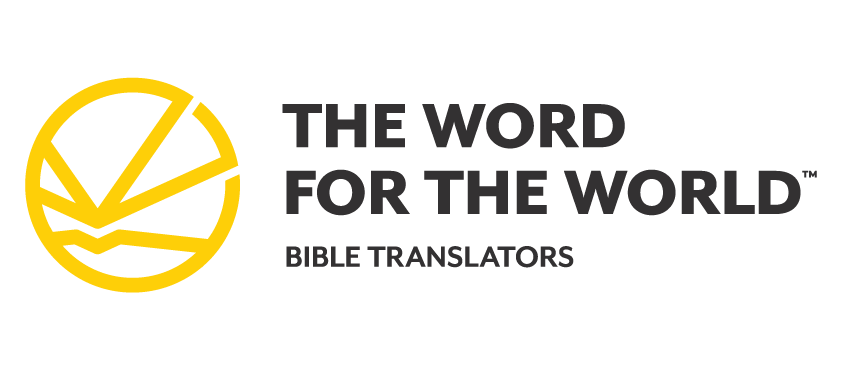SAFEGUARDING POLICY STATEMENT
(TWFTWUK) 6th July 2023
Our Vision:
The UK Support Base of TWFTW was set up in 2009 in order to raise the profile of our work in Europe, Africa & Asia, and to raise funds for various projects. Our vision is to see “the glory of God through transformed lives, by the power of his Word, in everyone’s heart language”, and our goal is to be instrumental in completing first-time translations of the entire Bible in 1000 languages by the year 2050.
Our Safeguarding Responsibilities:
TWFTW UK recognises that it has a responsibility in safeguarding all children, young people and adults at risk (regardless of gender, ethnicity or ability) that we may come into contact with whilst carrying out our duties.
Prevention and Reporting of Abuse:
It is the duty of each employee, board member, or volunteer to help prevent the abuse of children and adults at risk. Any abuse disclosed, discovered or suspected will be reported in accordance with our procedures. TWFTW will fully co-operate with any statutory investigation into any suspected abuse linked with our organisation.
Safer recruitment, support and supervision of workers:
TWFTW will exercise proper care in the selection and appointment of any who might work alongside children and adults at risk, here in the UK, whether paid or voluntary. All such workers will be provided with appropriate training to promote the safekeeping of children and adults at risk.
Respecting children and adults at risk:
TWFTW will look at adopting a code of behaviour for all who may work with children and adults whilst working here in the UK, so that all children and adults are shown the respect that is due to them.
Safer working practices:
We are committed to providing an environment that is as safe as possible for children and adults at risk.
A safer community:
We are committed to the prevention of bullying, and will therefore seek to ensure that the behaviour of any individuals working with TWFTW who may pose a risk to children, young people and adults at risk in the community in which we work is managed appropriately.
Safeguarding contact:
TWFTW UK has appointed the following individual to report on safeguarding matters: Steve Lancaster (Designated Person for Safeguarding DPS)will advise TWFTW UK on any matters related to the safeguarding of children and adults at risk that we may work with, and take the appropriate action when abuse is disclosed, discovered or suspected. Phone number: 07388 268895. Email: stevelancs@twftw.org
Safeguarding Trustee: Barry Funnell will oversee and monitor the implementation of the policy and procedures on behalf of TWFTW UK. Phone number: 07508 920602. Email: bfun@twftw.org
Where possible, this team will work together if and when issues arise. However, each person within TWFTW UK has a responsibility to report allegations of abuse as soon as they are raised.
Putting our policy into practice:
- A copy of the safeguarding policy statement is available on our website.
- Each worker/trustee that works with children and/or adults at risk as part of their TWFTW UK role, will be given a copy of the safeguarding policy.
- A copy of the policy will be made available, on request, to anyone associated with TWFTW UK.
- The policy and procedures will be monitored and reviewed annually, and any necessary revisions adopted into the policy and implemented through our procedures.
——————————-
